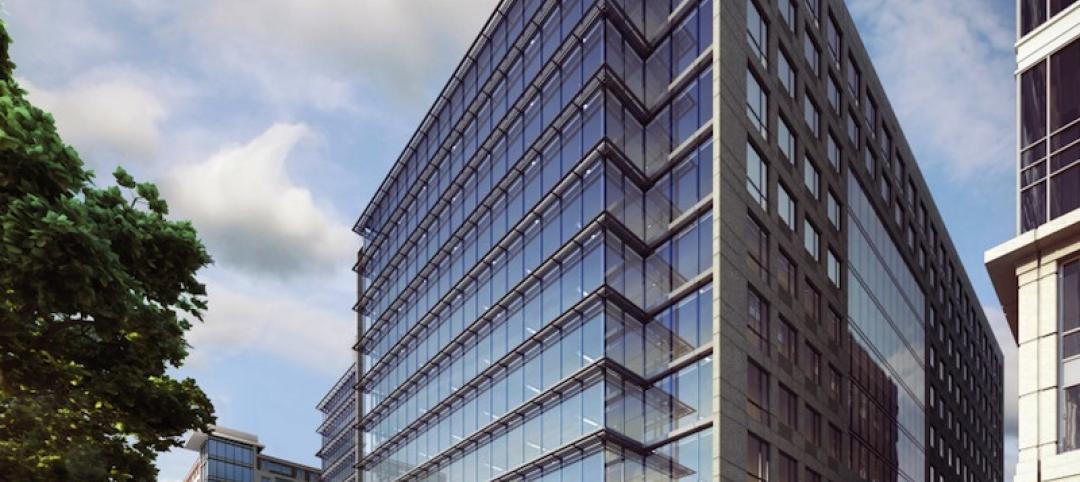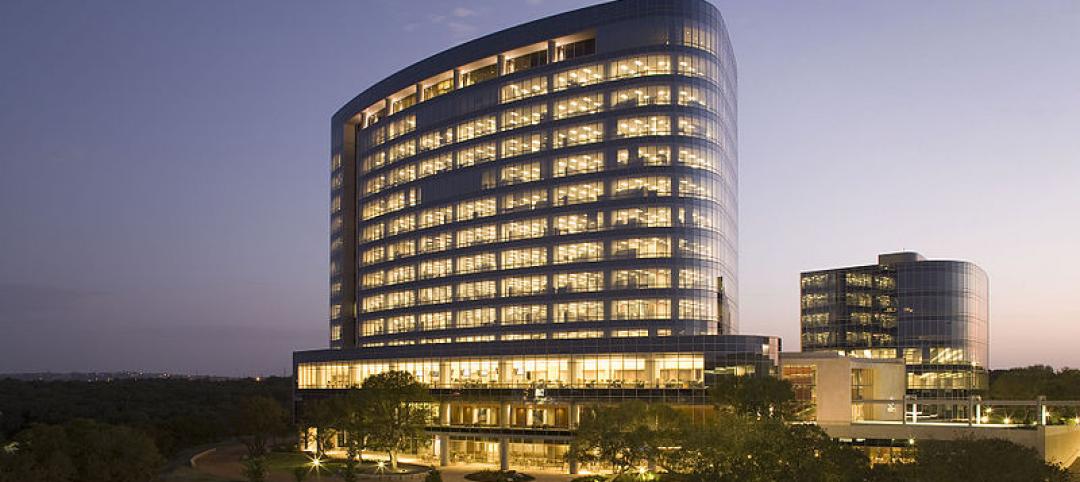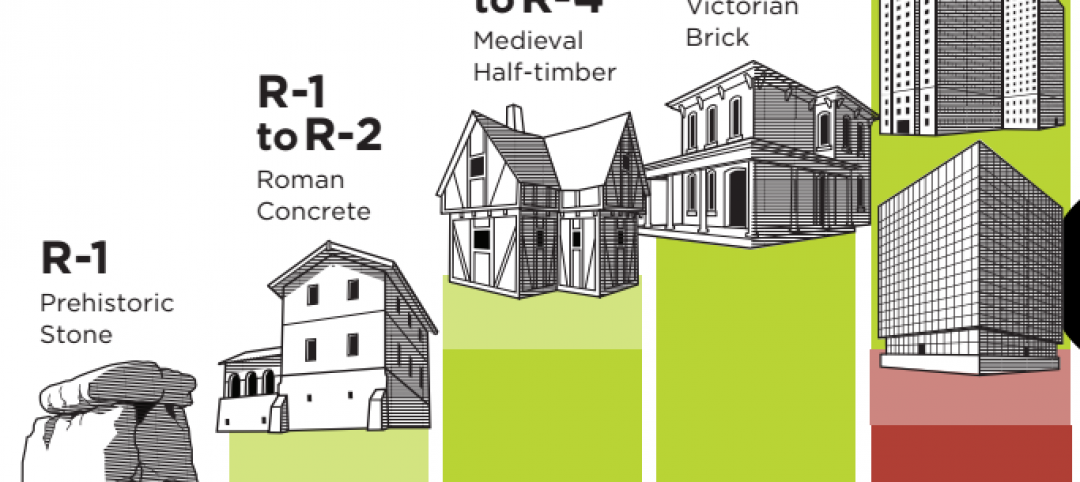The World Green Building Council recently unveiled its "Advancing Net Zero" initiative that aims for 100% net-zero buildings by 2050.
The Council’s interim goal is to have all new buildings and major renovations designed for net-zero energy use by 2030. The organization will organize Green Building Councils around the world to develop net-zero certification programs for existing and new buildings.
Eight countries -- Australia, Brazil, Canada, Germany, India, the Netherlands, South Africa, and Sweden -- will be the pilot sites for the project. Building sectors in these countries are expected to have among the biggest growth around the world in the next few decades.
U.S.-based non-profit Architecture 2030 will provide expertise for the initiative.
Related Stories
| Oct 2, 2014
11 projects receive Affordable Green Neighborhoods grants from BoA, USGBC
Each of these neighborhood redevelopment projects are notable for their planned affordable housing, compact design, commitment to green building and sites located near transit or other existing amenities.
| Sep 29, 2014
Living Building vs. LEED Platinum: Comparing the first costs and savings
Skanska USA's Steve Clem breaks down the costs and benefits of various ultra-green building standards and practices.
| Sep 29, 2014
Report finds links between office design, health and productivity
A new report from the World Green Building Council finds “overwhelming evidence” to support office design as a significant influencer of the health, wellbeing and productivity of staff.
| Sep 16, 2014
Studies reveal growing demand for LEED-credentialed professionals across building sector
The study showed that demand for the LEED Accredited Professional and LEED Green Associate credentials grew 46 percent over a 12-month period.
| Sep 15, 2014
Sustainability rating systems: Are they doomed?
None of the hundreds of existing green building rating systems is perfect. Some of them are too documentation-heavy. Some increase short-term project cost. Some aren’t rigorous enough or include contentious issues, writes HDR's Michaella Wittmann.
| Sep 7, 2014
USGBC + American Chemistry Council: Unlikely partners in green building
In this new partnership, LEED will benefit from the materials expertise of ACC and its member companies. We believe this has the potential to be transformational, writes Skanska USA's President and CEO Michael McNally.
| Sep 3, 2014
New designation launched to streamline LEED review process
The LEED Proven Provider designation is designed to minimize the need for additional work during the project review process.
| Jul 28, 2014
Post Tower Wins CTBUH 10-Year Award
The 10 Year Award recognizes proven value and performance in a tall building, across one or more of a wide range of criteria, over a period of 10 years since its completion.
| Jul 18, 2014
First Green Globes certification given to new University of North Carolina housing facility
The Green Building Initiative announced that the University of North Carolina-Charlotte’s Belk Hall, a student housing facility for the college’s upper division students, is the first building certified under the 2013 Green Globes for New Construction.
| Jul 17, 2014
A harmful trade-off many U.S. green buildings make
The Urban Green Council addresses a concern that many "green" buildings in the U.S. have: poor insulation.

















